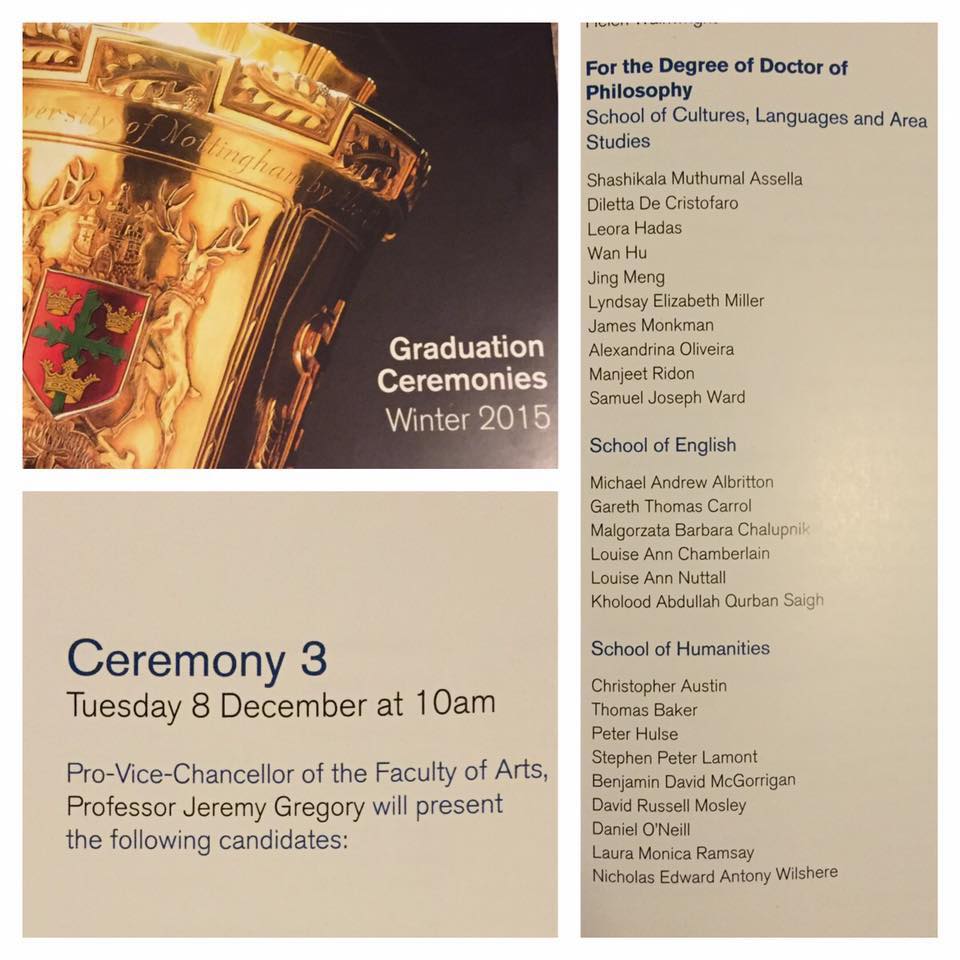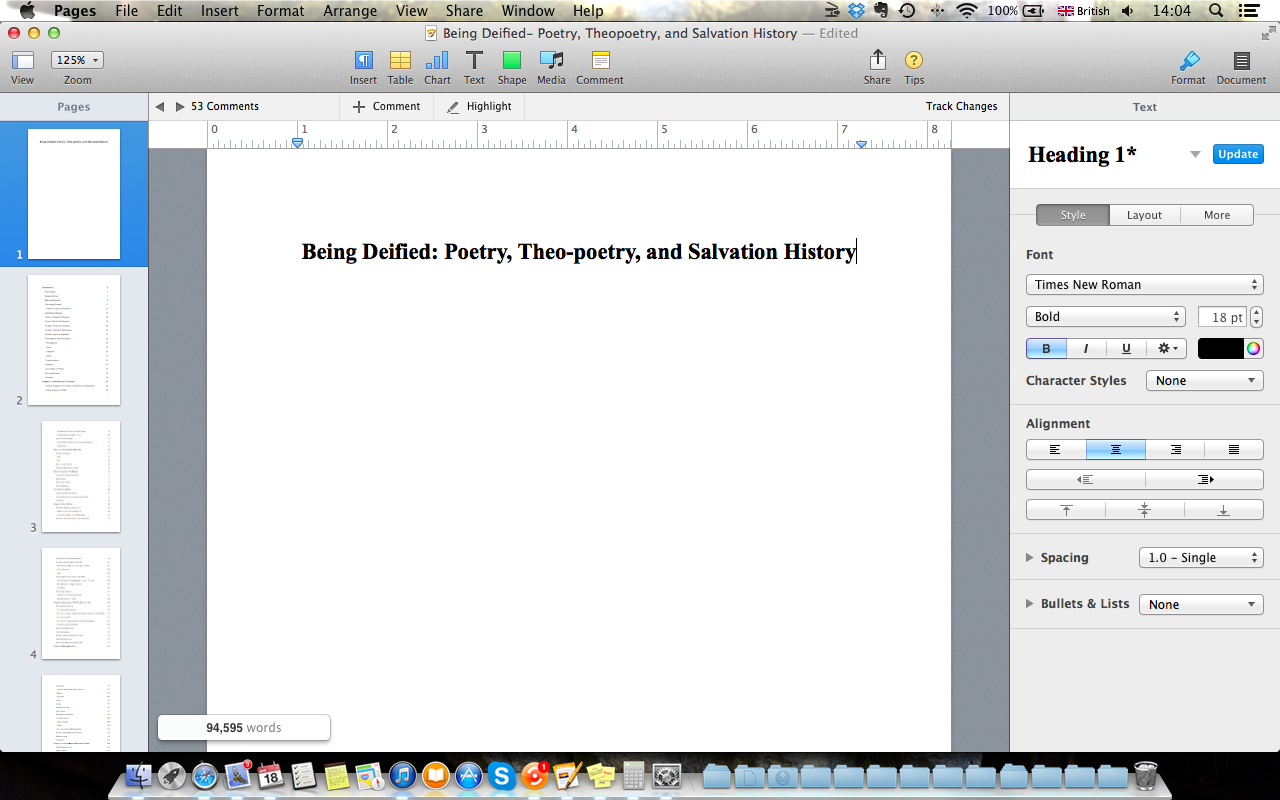
Dear Friends and Family,
Today I want to introduce you to our Islamic Studies associate professor, Dr Jon Hoover. Jon, as well as his wife, often teach courses on the history of Islam as well as the relation of Islam to other religions, both historically and contemporaneously.
Jon did his BS in Mechanical Engineering from Virginia Tech. From there, his interests seem to have changed and he received an MA in Theological Studies from the Associated Mennonite Biblical Seminary in Indiana. He received his PhD in Islamic Studies from the University of Birmingham. Jon then spent several years teaching in Beirut and learning Arabic in Cairo. He joined our faculty in 2010.
Bibliography
- Editor, Hiwār al-haqīqa min ajl al-hayāt ma‘an / Dialogue of Truth for Life Together, vol. 2 (Beirut: NEST Publications, 2008).
- Ibn Taymiyya’s Theodicy of Perpetual Optimism (Leiden: Brill, 2007). [Google books]
- “Ibn Taymiyya,” in Christian-Muslim Relations: A Bibliographical History, Vol. 4 (1200-1350), ed. David Thomas and Alex Mallett (Leiden: Brill 2012), 824-878. [pdf]
- “Ibn Qayyim al-Jawziyya,” in Christian-Muslim Relations: A Bibliographical History, Vol. 4 (1200-1350), ed. David Thomas and Alex Mallett (Leiden: Brill 2012), 989-1002. [pdf]
- “Ibn al-Ḥājj al-ʿAbdarī,” in Christian-Muslim Relations: A Bibliographical History, Vol. 4 (1200-1350), ed. David Thomas and Alex Mallett (Leiden: Brill 2012), 893-896. [pdf]
- “God’s Wise Purposes in Creating Iblīs: Ibn Qayyim al-Ğawziyyah’s Theodicy of God’s Names and Attributes,” in A Scholar in the Shadow: Essays in the Legal and Theological Thought of Ibn Qayyim al-Ğawziyyah, ed. Caterina Bori and Livnat Holtzman, Oriente Moderno monograph series, 90.1 (2010): 113-134. [pdf]
- “The Apologetic and Pastoral Intentions of Ibn Qayyim al-Jawziyya’s Polemic against Jews and Christians,” The Muslim World 100.4 (2010), 471-484. [Open Access]
- “God Acts by His Will and Power: Ibn Taymiyya’s Theology of a Personal God in his Treatise on the Voluntary Attributes,” in Ibn Taymiyya and His Times, ed. Yossef Rapoport and Shahab Ahmed (Karachi: Oxford University Press, 2010), 55-77. [pdf]
- “The Lord’s Prayer: A Mennonite View,” in On Spirituality: Essays from the third Shi’i Muslim Mennonite Christian Dialogue, ed. M. Darrol Bryant, Susan Kennel Harrison, and A. James Reimer (Kitchener, ON: Pandora Press, 2010), 99-114. [pdf]
- “A Common Word: ‘More positive and open, yet mainstream and orthodox’,” Theological Review of the Near East School of Theology 30.1 (April 2009), 50-77. [pdf]
- “Islamic Universalism: Ibn Qayyim al-Jawziyya’s Salafī Deliberations on the Duration of Hell-Fire,” The Muslim World 99.1 (Jan. 2009), 181-201. [Open Access]
- “Islamic Monotheism and the Trinity,” The Conrad Grebel Review 27.1 (Winter 2009), 57-82. [Publisher’s corrected version]
- “Writing the Resistance: Recent Books on Hizbullah from Lebanese Perspectives,” Theological Review of the Near East School of Theology 28.1 (April 2007), 47-69.[pdf]
- “The Justice of God and the Best of All Possible Worlds: The Theodicy of Ibn Taymiyya,” Theological Review of the Near East School of Theology 27.2 (November 2006), 53-75. [pdf]
- “Ibn Taymiyya as an Avicennan Theologian: A Muslim Approach to God’s Self-Sufficiency,” Theological Review of the Near East School of Theology 27.1 (April 2006), 34-46.[pdf]
- “An Anabaptist Perspective on Conversing with Muslims,” in Evangelical, Ecumenical, and Anabaptist Missiologies in Conversation: Essays in Honor of Wilbert R. Shenk, ed. James R. Krabill, Walter Sawatsky and Charles E. Van Engen (Maryknoll, NY: Orbis Press, 2006), 120-129, 287-288.
- “Perpetual Creativity in the Perfection of God: Ibn Taymiyya’s Hadith Commentary on God’s Creation of this World,” Journal of Islamic Studies 15.3 (Sept. 2004): 287-329. [pdf]
- “Revelation and the Islamic and Christian Doctrines of God,” Islamochristiana 30 (2004): 1-14. French translation, “La révélation et les doctrines musulmane et chrétienne sur Dieu,” Chemins de Dialogue: Penser la foi dans l’esprit d’Assise 28 (2006): 167-190.
- “A Typology of Responses to the Philosophical Problem of Evil in the Islamic and Christian Traditions,” The Conrad Grebel Review 21.3 (Fall 2003): 81-96.
Videos
Why Study Ibn Taymiyya?
Why Study Islamic Studies?
I hope you’ve enjoyed Jon’s videos. Hopefully some renewed interest will mean Jon will be in some more. However, if you look around youtube, you can also find Jon serving as interviewer for several other University of Nottingham videos on aspects of Islam.
Yours,
David
Related Posts
Celebrating Theology Faculty from the University of Nottingham: Simon Oliver
Celebrating Theology Faculty from the University of Nottingham: Mary Cunningham
Celebrating Theology Faculty from the University of Nottingham: Alison Milbank
Celebrating Theology Faculty from the University of Nottingham: Tom O’Loughlin
Celebrating Theology Faculty from the University of Nottingham: Richard Bell
Celebrating Theology Faculty from the University of Nottingham: Roland Deines
Celebrating Theology Faculty from the University of Nottingham: Alan Ford
Celebrating Theology Faculty from the University of Nottingham: Philip Goodchild
Celebrating Theology Faculty from the University of Nottingham: John Milbank
Celebrating Theology Faculty from the University of Nottingham: Karen Kilby
Celebrating Theology Faculty from the University of Nottingham: Frances Knight
Celebrating Theology Faculty from the University of Nottingham: Carly Crouch
Celebrating Theology Faculty from the University of Nottingham: Conor Cunningham











